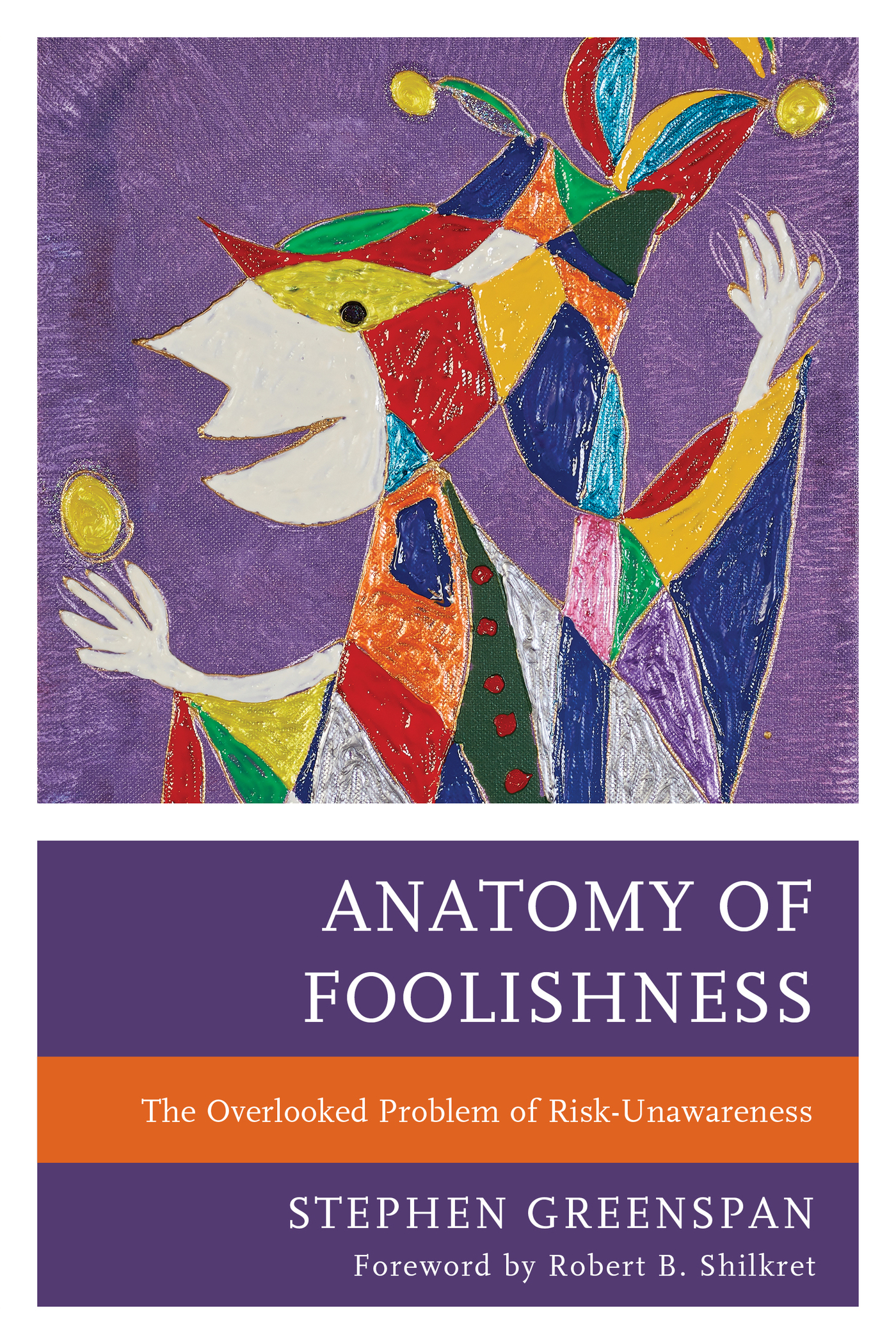Anatomy of Foolishness
Anatomy of Foolishness
The Overlooked Problem of
Risk-Unawareness
Stephen Greenspan
Foreword by Robert B. Shilkret
Hamilton Books
Lanham Boulder New York Toronto London
Published by Hamilton Books
An imprint of The Rowman & Littlefield Publishing Group, Inc.
4501 Forbes Boulevard, Suite 200, Lanham, Maryland 20706
Hamilton Books Acquisitions Department (301) 459-3366
6 Tinworth Street, London SE11 5AL
Copyright 2019 by The Rowman & Littlefield Publishing Group, Inc.
All rights reserved. No part of this book may be produced in any form or by any electronic means, including information storage and retrieval systems,without written permission from the publisher, except by a reviewer who may quote passages in a review.
British Library Cataloguing in Publication Information Available
Library of Congress Cataloging-in-Publication Data Available
ISBN 978-0-7618-7162-0 (pbk. : alk. paper)
ISBN 978-0-7618-7163-7 (electronic)
 TM The paper used in this publication meets the minimum requirements of American National Standard for Information Sciences Permanence of Paper for Printed Library Materials, ANSI/NISO Z39.48-1992.
TM The paper used in this publication meets the minimum requirements of American National Standard for Information Sciences Permanence of Paper for Printed Library Materials, ANSI/NISO Z39.48-1992.
This book is dedicated to the memory of three much-loved colleagues: Michael J. Chandler, an early mentor who made it possible for me to become a psychologist, who nurtured my interest in social incompetence, and who rescued me from jams caused by my own social incompetence; A. J. Pappy Pappanikou, a later mentor who tried to get me to behave less foolishly; and Pappys daughter Lisa Pappanikou Glidden, a peer who found my foolishness hilarious.
Foreword
This is a very wise book on foolishness. Stephen Greenspan did his undergraduate work at The Johns Hopkins University, where he graduated in 1962, having studied American history and political science. After serving in the Army (a requirement in those days), he then worked at the Department of Commerce in Washington and at a public policy institute in Rochester, New York, before deciding to go to graduate school in psychology. After completing his PhD in developmental psychology at the University of Rochester, Steve was a postdoctoral fellow in developmental disabilities at UCLAs Neuropsychiatric Institute; then he was a research scientist at the Boys Town Center for the Study of Youth for six years, where he also had an appointment at the University of Nebraska. He was then on the faculty of George Peabody College for Teachers at Vanderbilt University, before moving to the University of Connecticut, Department of Educational Psychology. He was at the University of Connecticut for the longest period, moved through the academic ranks there, and is now an emeritus professor, retiring early in 1998, a few years before he was sixty years old. It was then that he moved to follow his wife, Helen Apthorp, to the Denver area, where Helen had a career opportunity. Steve was an independent scholar in Colorado for twenty years, until after Helens recent retirement, when they moved to Northern California to be near their two adult sons.
In truth, Steve has been an independent scholar his whole professional life. His thinking has always been highly original, and his productivity is prodigious. He can write faster than I can read. But he is certainly not an academic loner, as testified by his dozens of articles and book chapters with a wide range of colleagues and student coauthors. While he was extraordinarily productive and creative throughout his career, his work really zoomed since this so-called retirement from academia. I love the word zoomedit is the word used by Mary Ainsworth (who taught a course both of us took at Johns Hopkins) to describe the work in attachment theory, influenced primarily by her, shortly before she died.
Beneath these basic facts, Steve has really had three careers. Maybe there is a fourth, and a fifth, of which I am still unaware. The first was as a developmental psychologist. His first published paper, with his mentor Michael Chandler, was as a graduate student and it appeared in the journal Developmental Psychology. (He started at the top and it has been just upward ever since!) That first paper was titled Ersatz Egocentrism. It noted, among other things, that true perspectivism or empathy (the converse of egocentrism) must involve understanding something that one has not experienced oneself, and includes an awareness of the limits of ones ability truly to know anothers experience. Thus, his earliest work in psychology dealt with Piagetian psychology, but the social aspect of that school of thought, which was highly underdeveloped, despite Piagets dozens of books, indeed, his cognitive developmental factory in Geneva. Piaget always kind of sneered at the social side of development. Greenspans ground-breaking work on foolishness really grew out of his early attempts to apply Piagetian concepts to the study of social development years (actually decades) earlier.
Greenspans subsequent work in developmental psychology centered on parenting, also a highly social aspect of the childs world. Steves three careers have been continuing and overlapping, in that he later returned to this early interest in parenting and published a book on it a few years ago. But parenting and social development has always been an important part of Steves thinking. I think I first saw a version of the manuscript for the parenting book as early as the 1970s. (If Steve is nothing else, he is perseverant).
Secondly, and the career Steve is most noted for, has been his work in intellectual disability (ID, formerly called mental retardation). Steves big theory has argued and demonstrated convincingly that so-called ID is really as much social as intellectual (or cognitive), and involves particularly these peoples being overly-trusting of others. This realization led to a decades-long interest in gullibility in general, an under-studied topic in psychology. Steves book of a few years ago, Annals of Gullibility went a long way toward remedying that. The publication of Annals is one of the most fortuitous events I know of in publishing, generally. Its publication came just at the moment of the uncovering of Bernard Madoffs massive financial fraud, a topic dealt with at some length as an example in Steves current book. When Steve realized he had been swindled himself in the Madoff scandal, he quickly published an intriguing piece in Skeptic magazine, which, in turn, interested the Wall Street Journal, which had him do a long piece in its weekend edition shortly after the Madoff story broke. The hook was gullibility expert gets gulled by Bernie Madoff. Steve is remarkably unbothered by embarrassment, especially when it provides a teaching opportunity, and this one certainly did. Maybe Steve is fundamentally a teacher, after all.
His work in intellectual disability (ID) has been recognized nationally and internationally by several awards, including the Dybwad Humanitarian Award of the American Association on Intellectual and Developmental Disabilities (AAIDD) and the Jacobson Award for Critical Thinking of the American Psychological Association. He also was recently added to the Wall of Fame of the National Organization on Fetal Alcohol Syndrome (NOFAS) for his important writing on the social incompetence of individuals with this disorder (the number one known cause of ID in the United States).
Thirdly, Steve has become nationally known in legal circles for his work as a mitigation expert witness in so-called Atkins hearings. These are cases in which a person with ID is facing a death sentence. As a result, he is consulted about such things as measuring IQ, neuropsychiatric disabilities, forensic quandaries, the assessment of adaptive behavior (thanks to Steve an increasingly important diagnostic criterion), and he has served as an expert witness, almost always for the defense, in numerous death penalty cases in which a diagnosis of ID (which is often disputed) will bring the death penalty off the table. Steve has had considerable success in saving peoples lives, literally. There are probably two more books to be written drawing from this phase of Steves life: Surmounting IQ and Ending the Death Penalty.
Next page
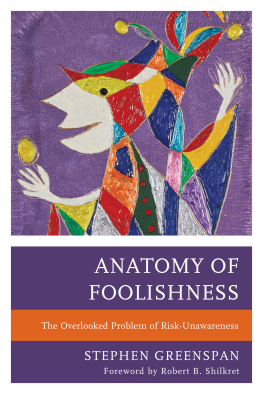


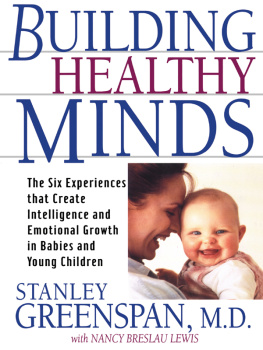
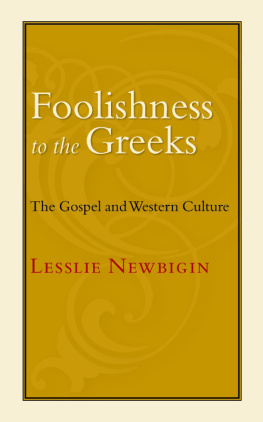

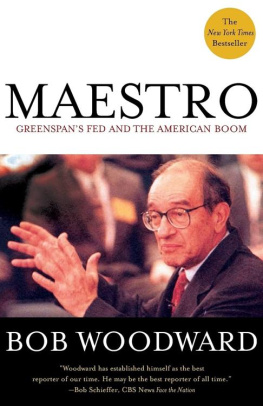

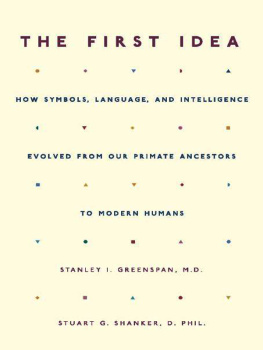



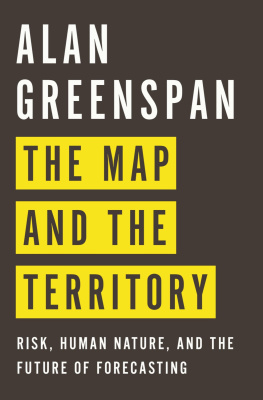
 TM The paper used in this publication meets the minimum requirements of American National Standard for Information Sciences Permanence of Paper for Printed Library Materials, ANSI/NISO Z39.48-1992.
TM The paper used in this publication meets the minimum requirements of American National Standard for Information Sciences Permanence of Paper for Printed Library Materials, ANSI/NISO Z39.48-1992.